In a sudden turn of events, Fosters Freeze in Lemoore, California, announced its closure, leaving employees in disbelief.
Monica Navarro, the former assistant general manager, shared her shock with “The Bottom Line,” saying, “It’s a shock.”
The Wage Increase Fallout
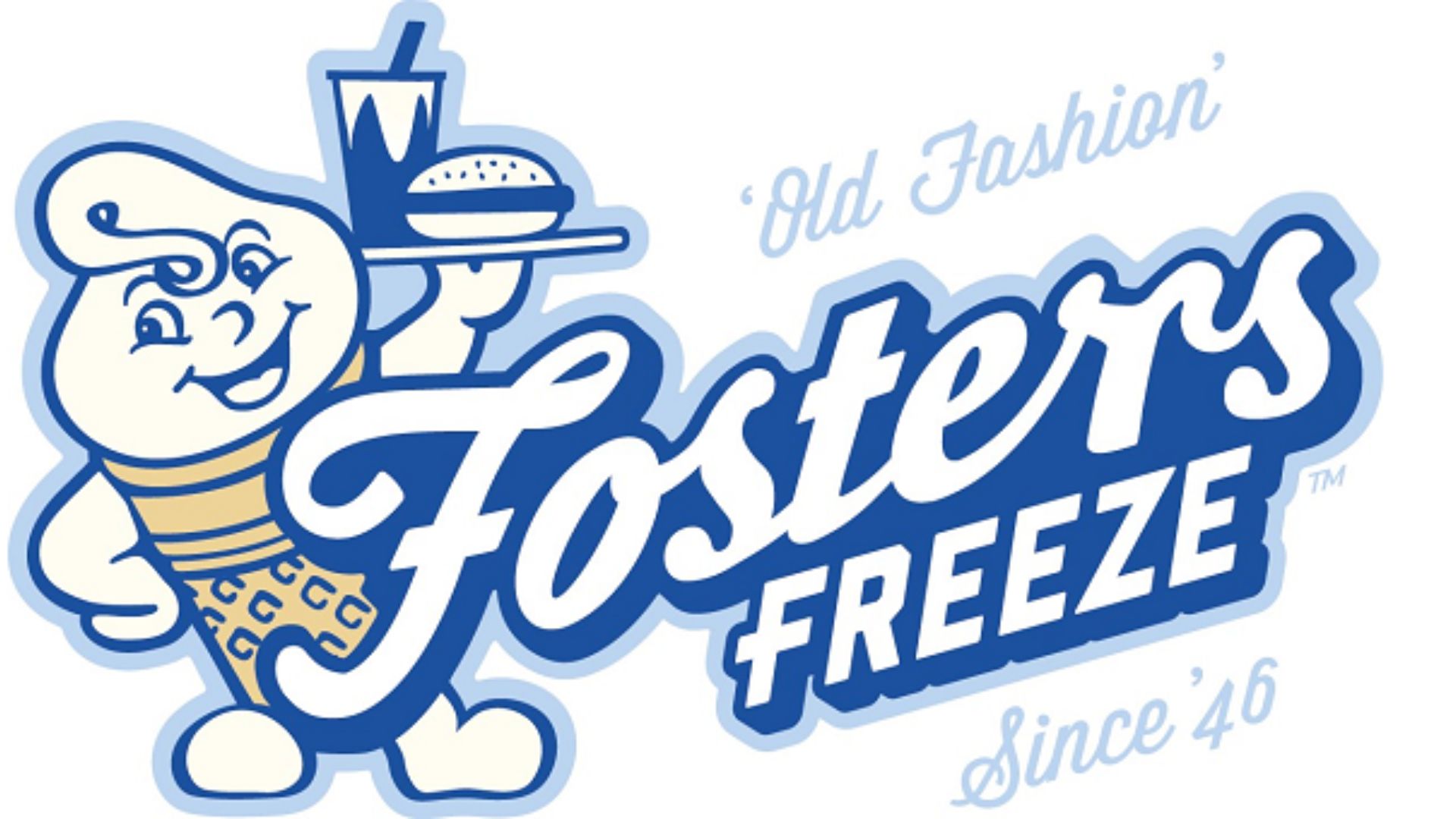
The ripple effect of California’s ambitious minimum wage hike has begun, with small businesses like Fosters Freeze feeling the brunt.
Owner Loren Wright, in a conversation with KMPH, revealed that shutting down was the “last thing” they wanted but saw no alternative due to the financial pressures of the new wage law.
A Morning of Surprises
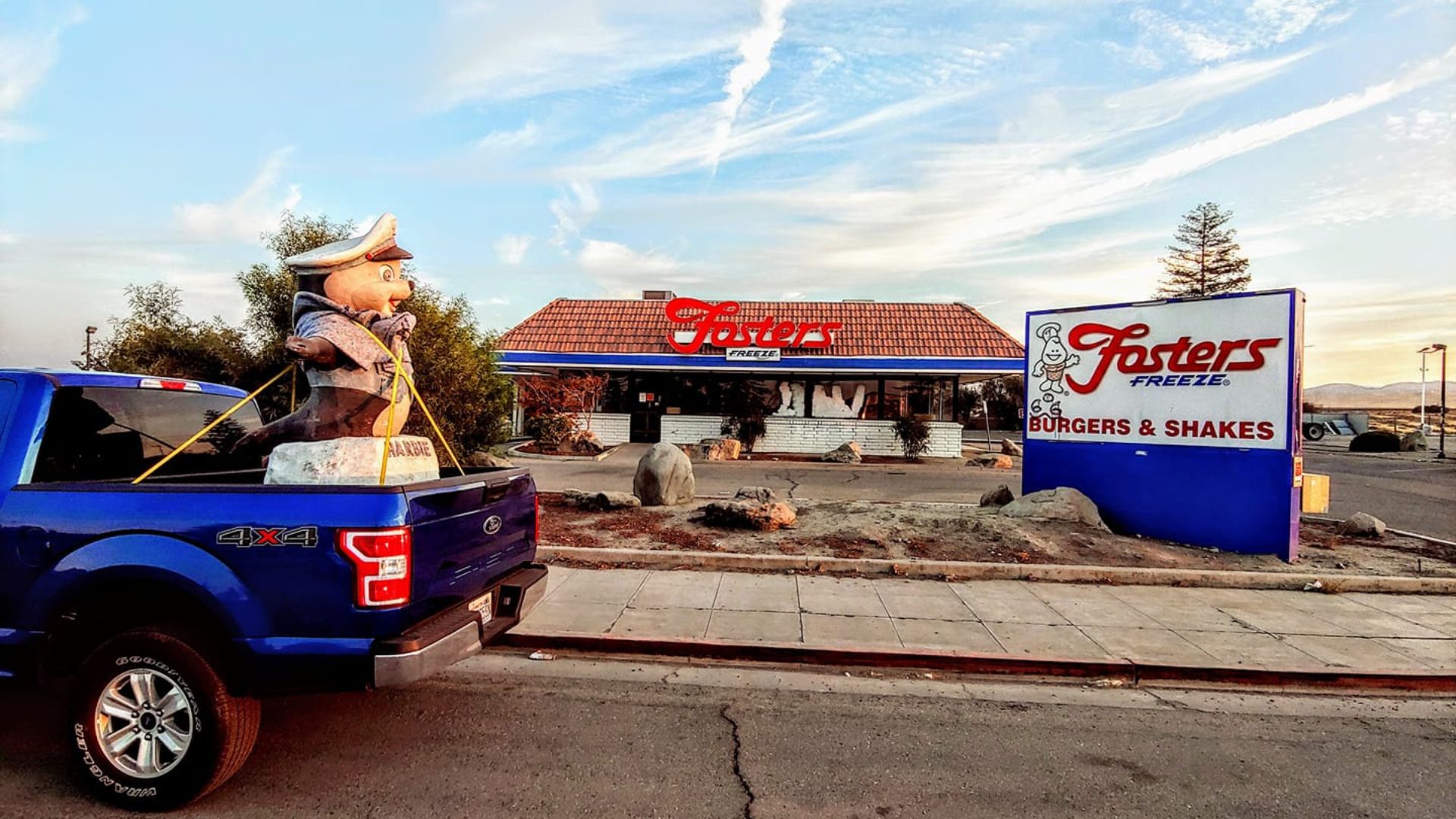
The news of the restaurant’s closure was as abrupt as it was shocking. Navarro and her coworkers were met with this life-changing update as they showed up for work, expecting a typical day.
The immediate closure, with no prior warning, underscored the harsh realities of business operations under new economic pressures.
Disbelief Among the Staff

For a moment, the staff thought it was an April Fools’ joke. The sudden announcement of the closure in their group chat seemed too abrupt to be true.
However, the harsh reality quickly set in, leaving the staff to face the immediate challenge of unemployment, as shared with KMPH.
Pointing Fingers at the Minimum Wage Increase
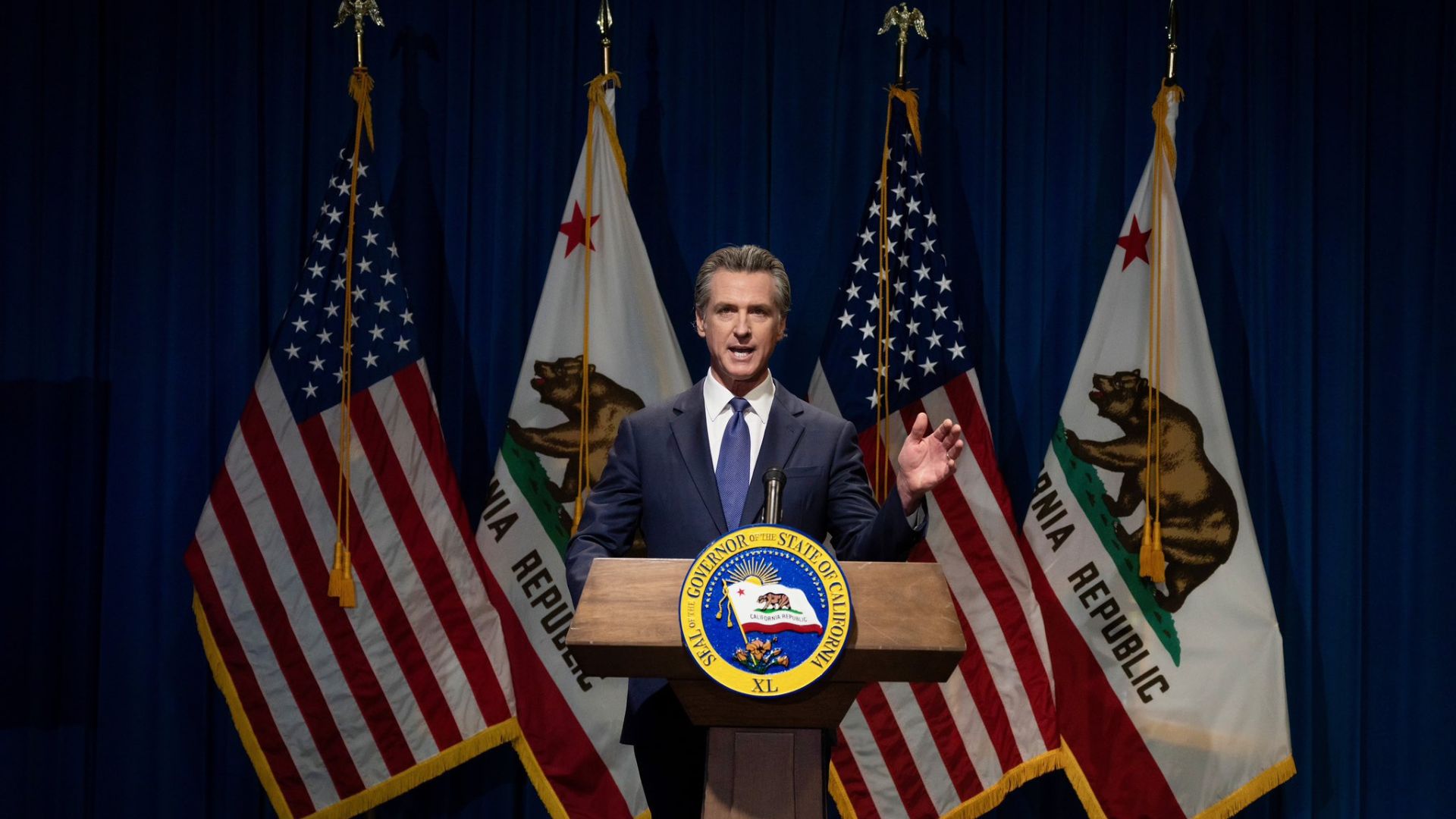
In the aftermath, discussions with management and the owner pointed to the minimum wage increase as the primary cause of the closure.
Despite some ambiguity about their exemption due to the number of locations owned, the increased labor costs were cited as the deciding factor. “He did blame it on the minimum wage increase,” Navarro revealed.
Doubts Over the Wage Increase’s Impact

Navarro voiced concerns over the effectiveness of the minimum wage increase, fearing it might lead to more harm than good for small businesses.
She observed a worrying trend of local business closures, stating, “This is not the first business that’s closing…so I feel like this is just only the beginning,” signaling potential future challenges for the community.
Job Security Over Higher Wages
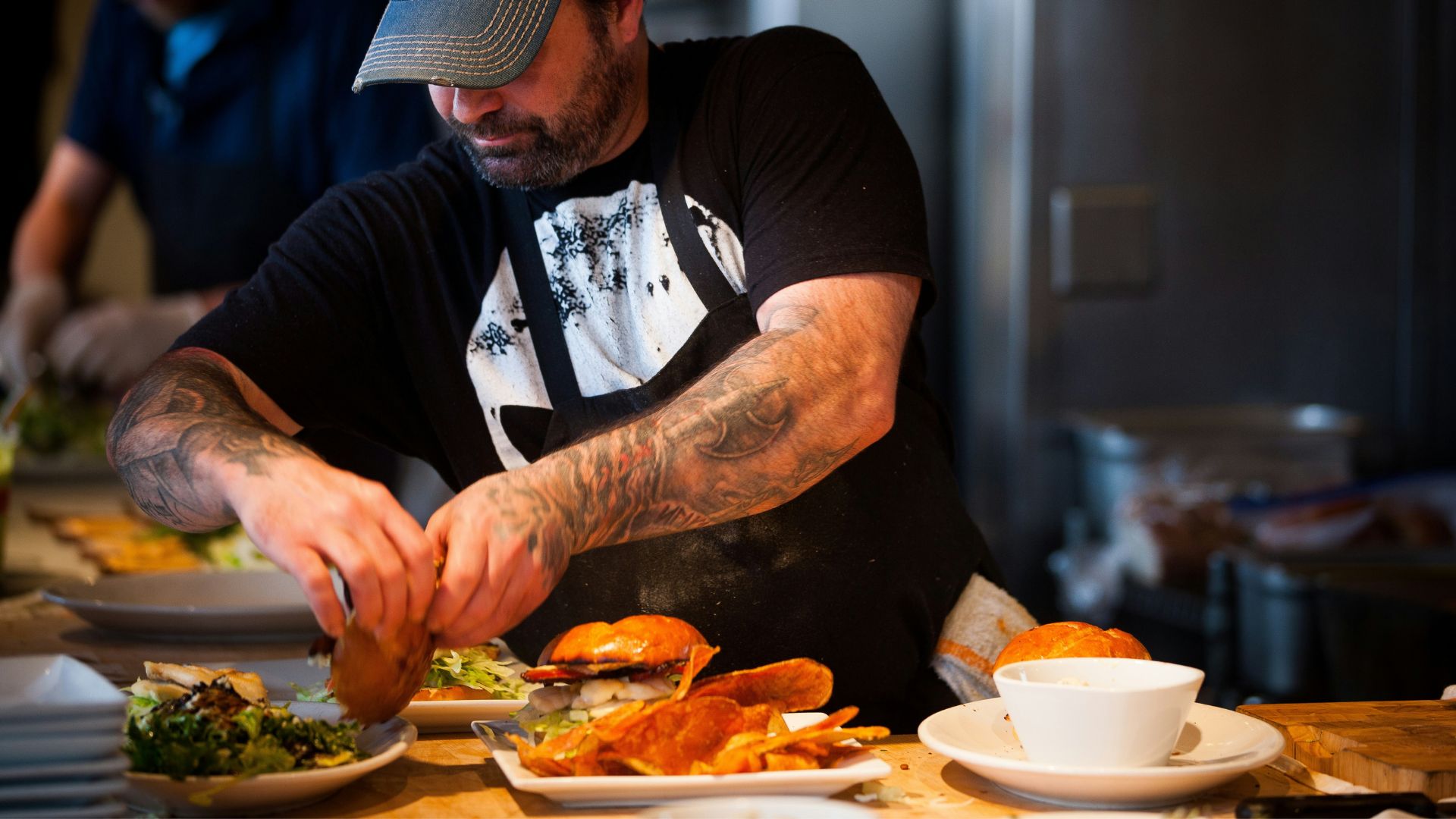
Faced with the prospect of unemployment, many Fosters Freeze employees expressed a preference for their previous wages over the uncertainty of joblessness.
“We would have rather stayed at the wage that we did have before,” Navarro stated, emphasizing the value of job security over higher pay in uncertain times.
The Broader Impact on Employment
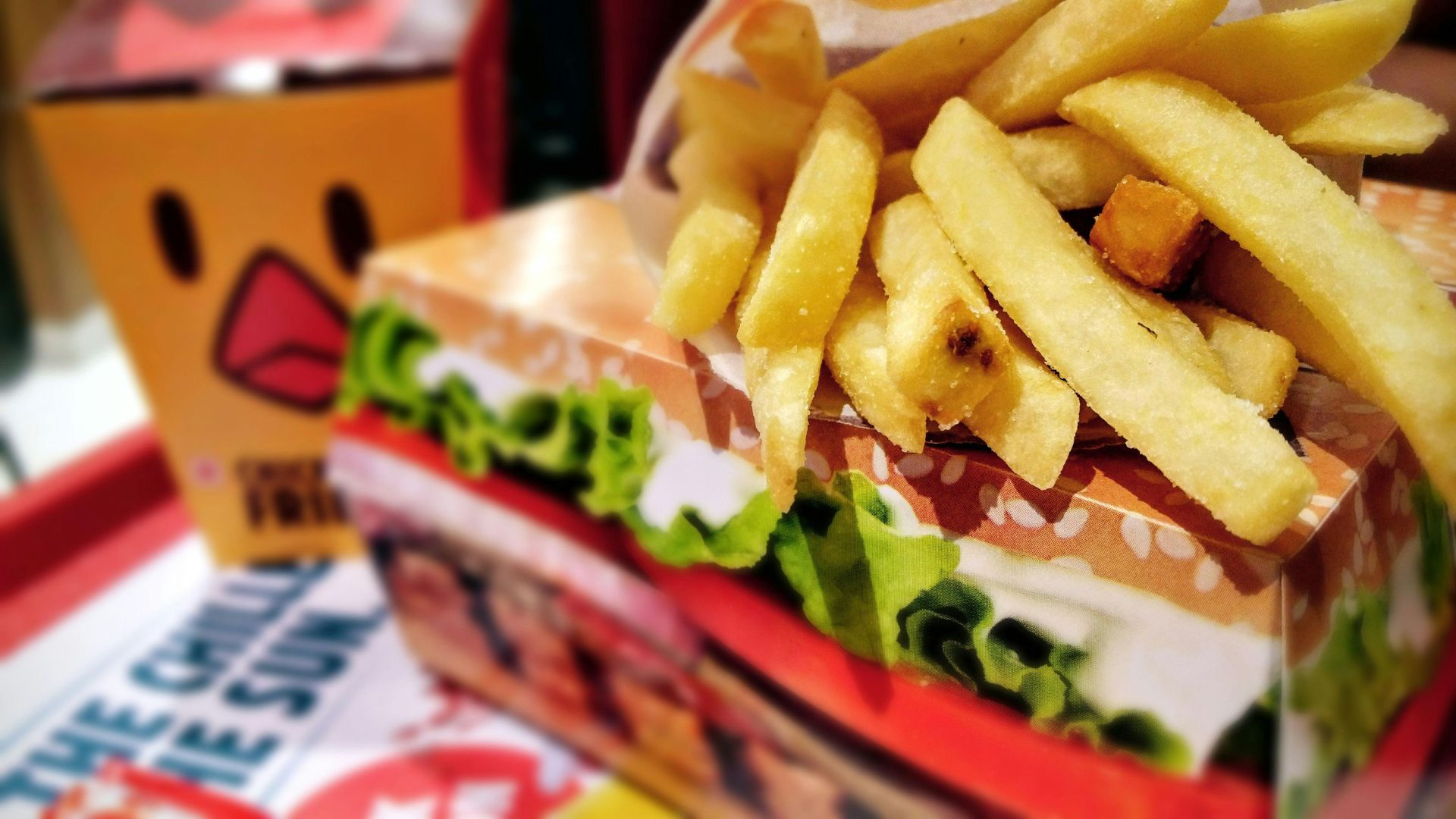
The increase in minimum wage has led not only to business closures but also to reduced working hours for those still employed, placing a heavier burden on the remaining workforce.
The intention to improve worker welfare is facing unforeseen challenges, as employees navigate a transformed work landscape.
More Than Just a Restaurant

The closure of Fosters Freeze is a loss for the Lemoore community, which has lost a beloved gathering place, Fox Business reports.
Beyond its role as an employer, the restaurant served as a community hub, and its absence signifies a greater loss than just jobs.
Rethinking Minimum Wage Laws
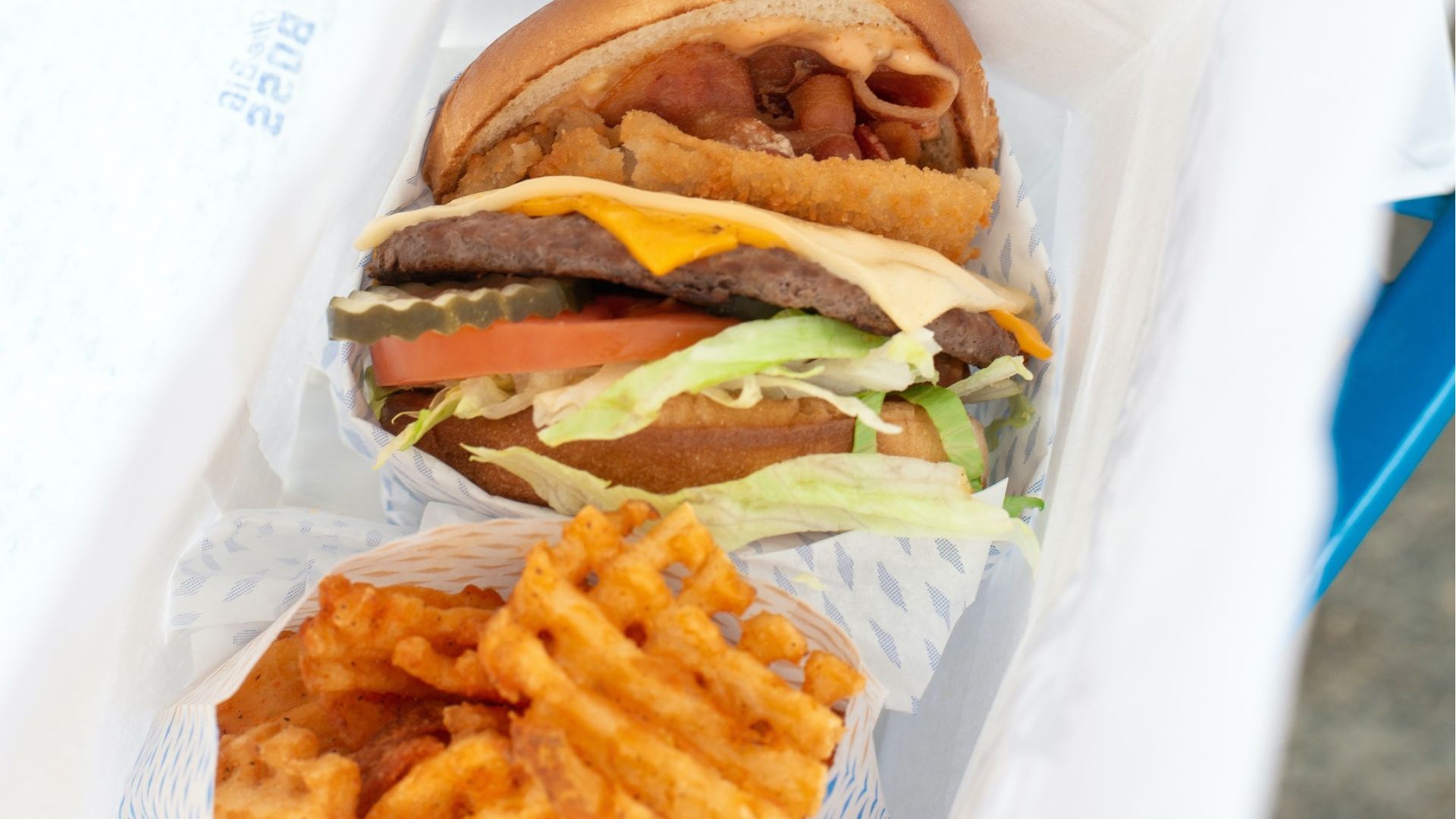
As conversations about minimum wage laws keep buzzing, the shutdown of Fosters Freeze throws a real-life example into the mix.
This situation forces a reevaluation of the balance between improving living standards for workers and keeping small businesses afloat.
Uncertain Futures
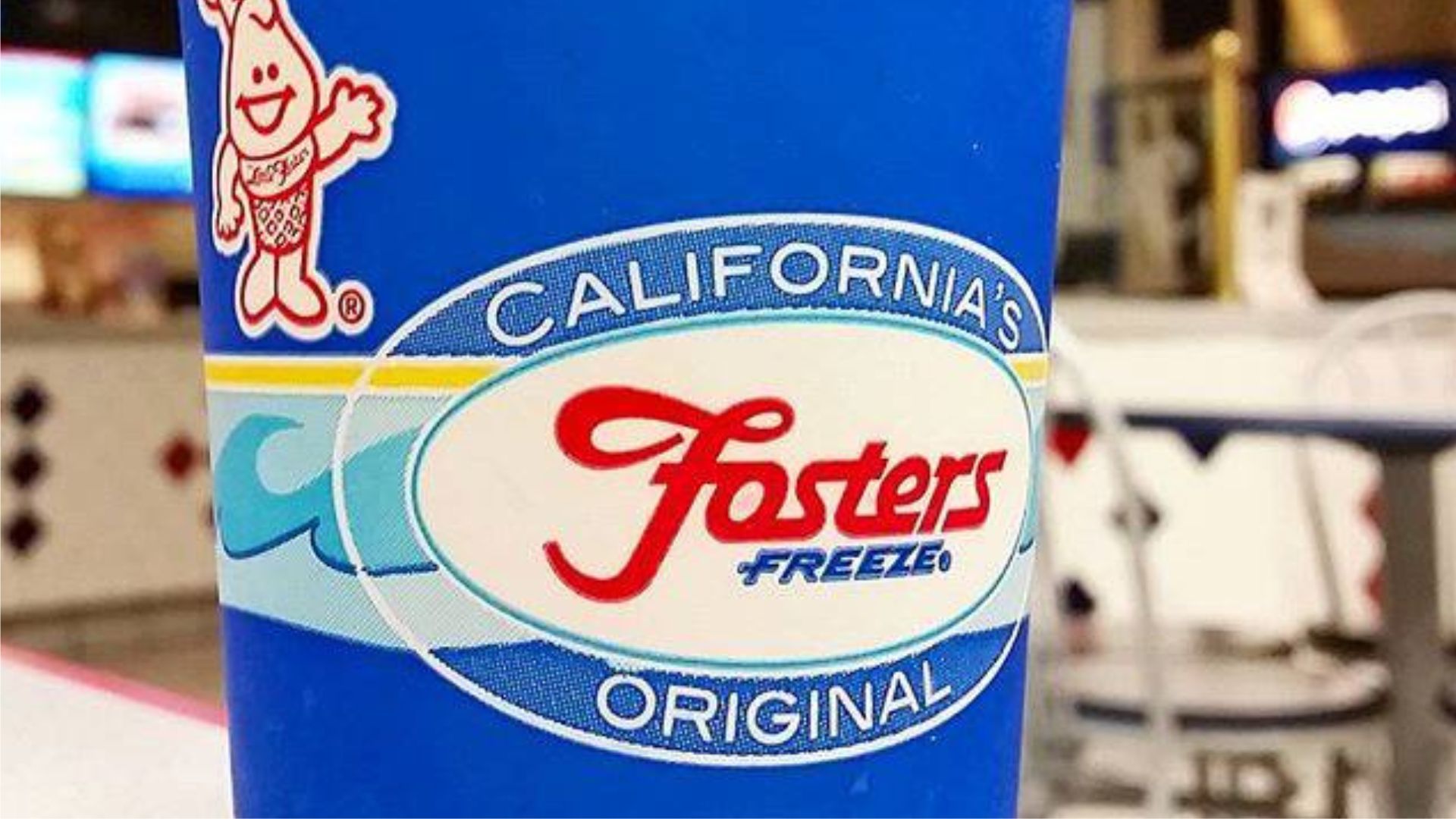
For the now-unemployed staff of Fosters Freeze, the future is uncertain.
As they face the daunting task of finding new employment in a shifting economic environment, the broader implications of the minimum wage increase on the job market and small businesses are yet to be fully understood.
The Owner’s Response
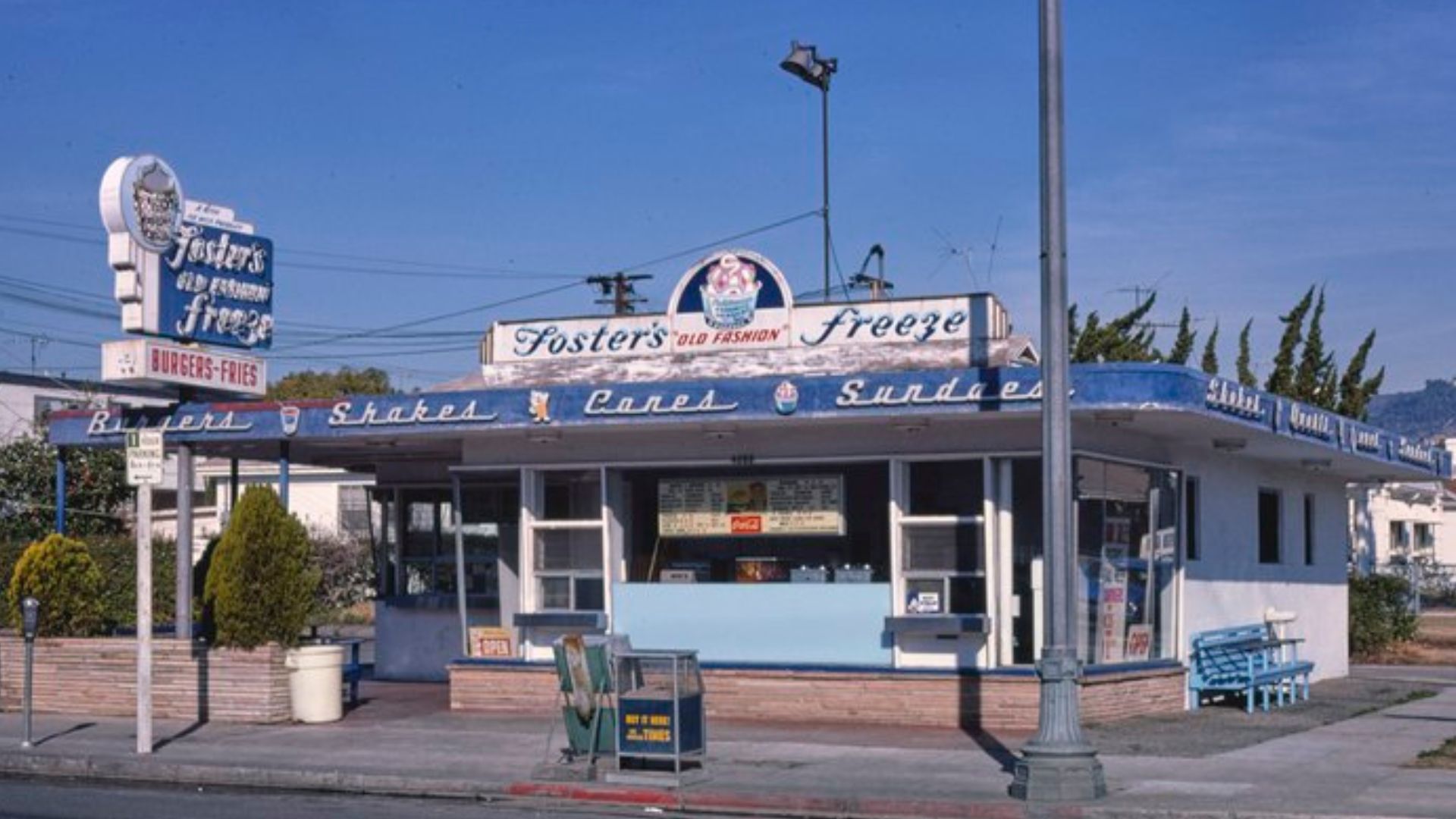
The owner of the recently shut-down Fosters Freeze talked about his decision to close the location in a text. Owner Loren Wright explained that he couldn’t raise the wages of his employees.
“Small businesses can’t survive a 120% plus min wage increase over the last 10 years,” Wright texted. “We are all more broke than we were 10 years ago its clear raising min wage isn’t helping… I am sad to see my employees off, and sad to see Lemoore off.”
Layoffs in California

Even before this new law went into effect, many fast-food locations had declared that they would have to lay off some employees. Interestingly, many pizzerias announced that they were laying off their delivery drivers.
Pizza Hut and Round Table Pizza both revealed they were laying off some of their workers at California locations. Southern California Pizza Co. also announced some job cuts.
Price Menu Hikes
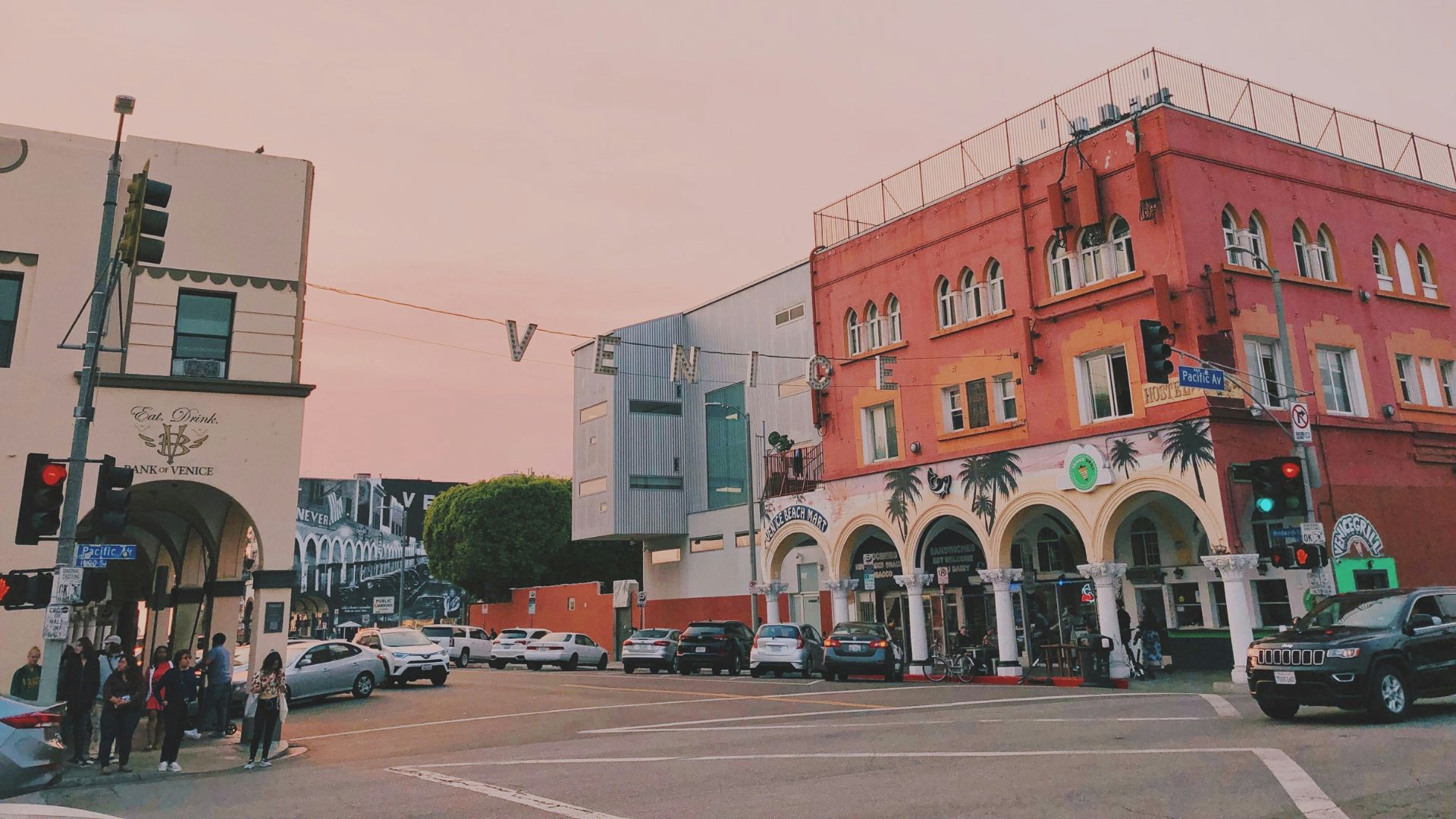
Meanwhile, other fast food establishments in the Golden State have hinted that they would likely have to raise some of their menu prices. The Chipotle CEO made this insinuation before the law went into effect.
Burger King already seems to have raised some of its menu prices in California, according to the New York Post.
How Restaurants Are Adapting
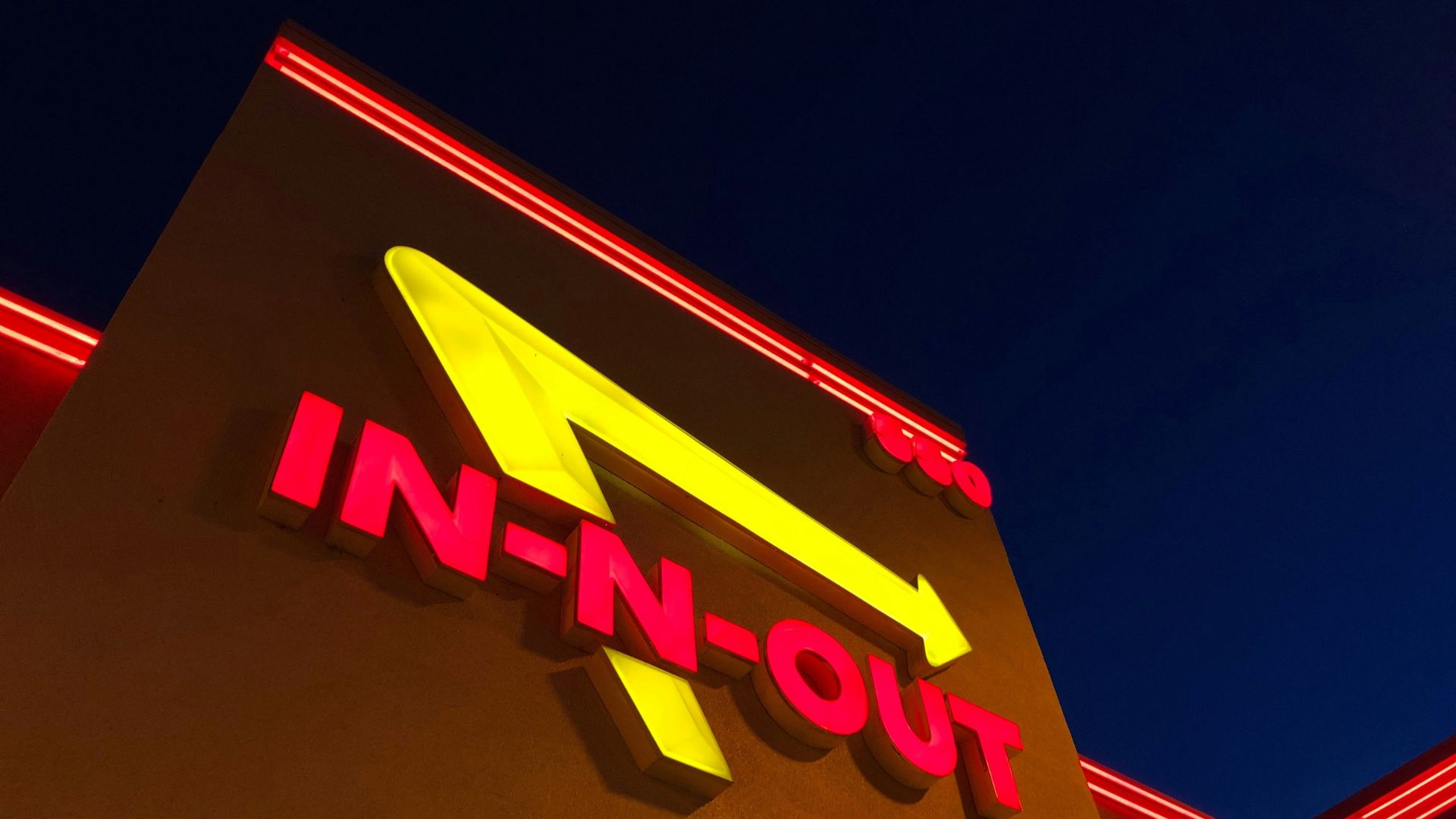
Many fast-food eateries in California have been forced to adapt to this minimum wage law in many different ways. Some have warned customers that menu prices may rise.
Others have said that their restaurants may be open for less time, reducing hours of operation. Laying off workers has also been discussed, as has replacing employees with automation.
California Politicians’ Response to New Law

Many Republicans in California have already come out against this new minimum wage law. Republican Senator Rosilicie Ochoa Bogh has explained that this legislation harms families.
“It’s already too difficult for families to be able to afford this state,” Ochoa Bogh said. “What we need to be doing is working to lower living costs and increase opportunities for growth, not the other way around.”
Politicians on Small Business Issues
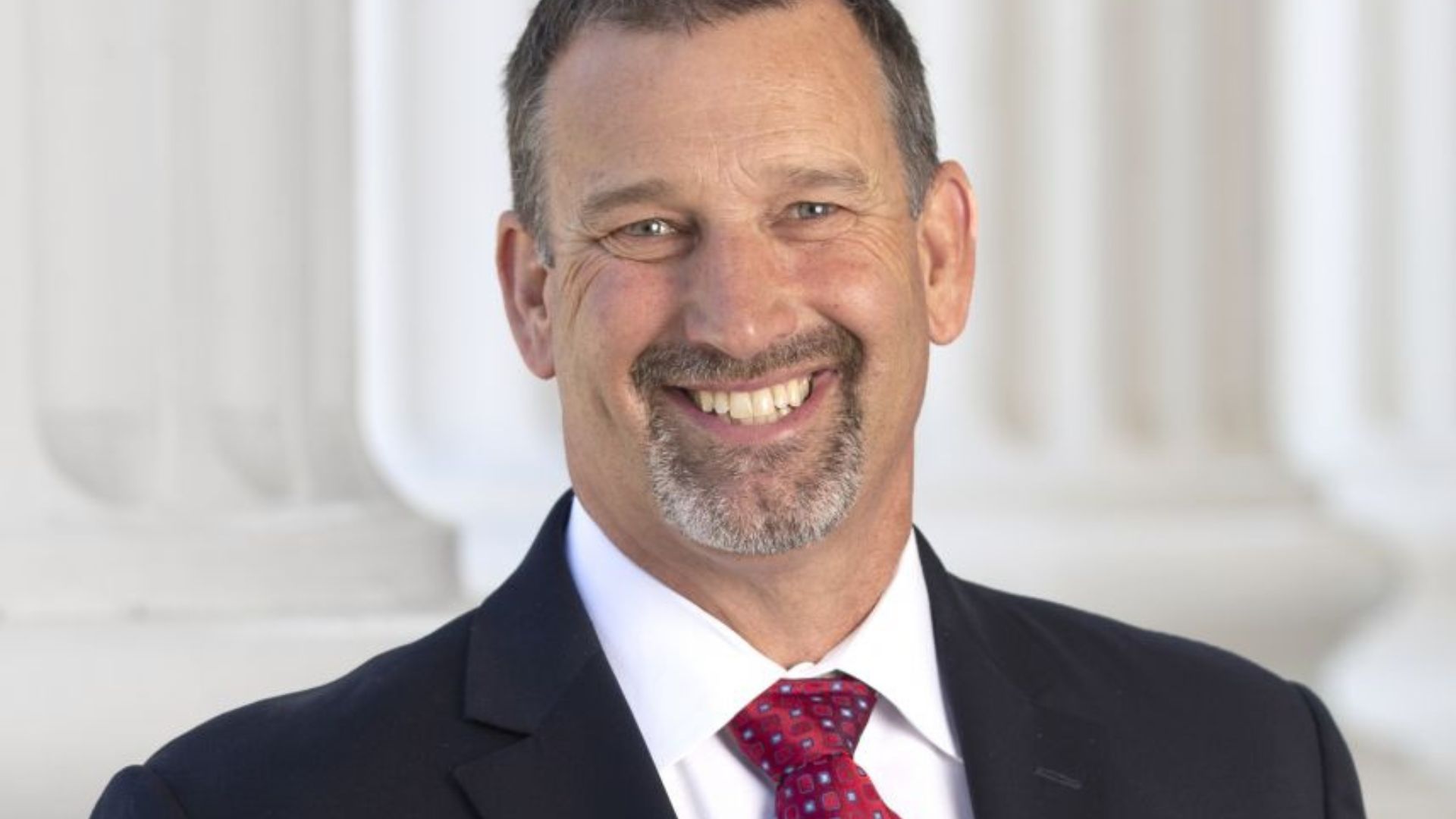
Many other Republican politicians, such as Senator Brian Dahle, have talked about how small businesses could suffer under this law.
“As a small-business owner, I know that doing business in California is becoming increasingly difficult,” Dahle said. “This was a big win for the labor bosses, but in reality, it hurts those trying to achieve economic mobility. This law will force businesses to reduce their employees’ hours, automate services, or opt to do business in another state. It’s unfortunate that labor activists are destroying California’s economy and the entrepreneurial spirit that has always been a part of our state.”
Wages in California Cities
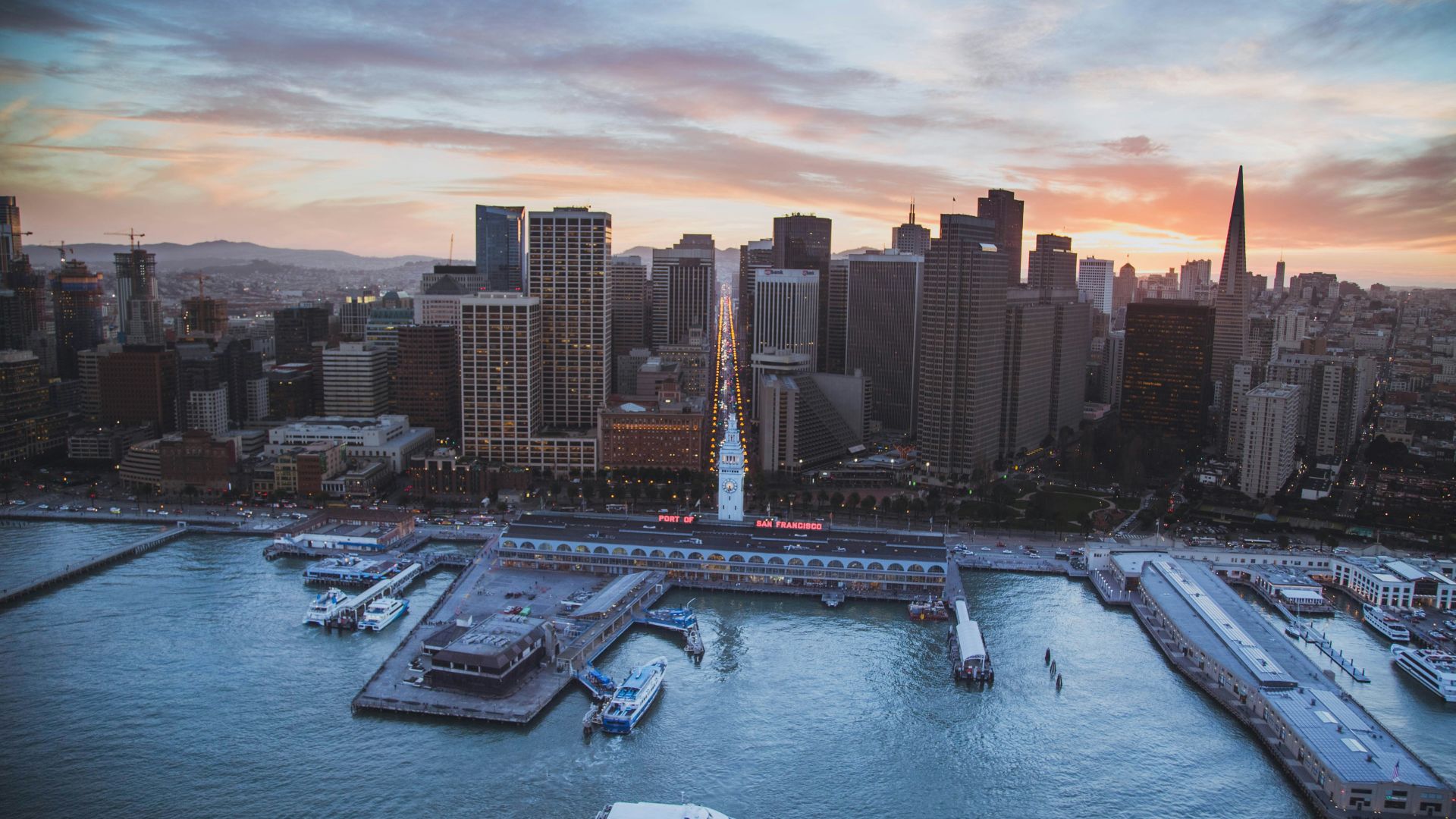
Some supporters of this increase in fast food minimum wages have pointed out that the minimum wage, across the board, in major California cities isn’t too far away from $20.
For example, the minimum wage in San Francisco will increase to $18.67 an hour in July for all employees in the city.
Working in Fast Food
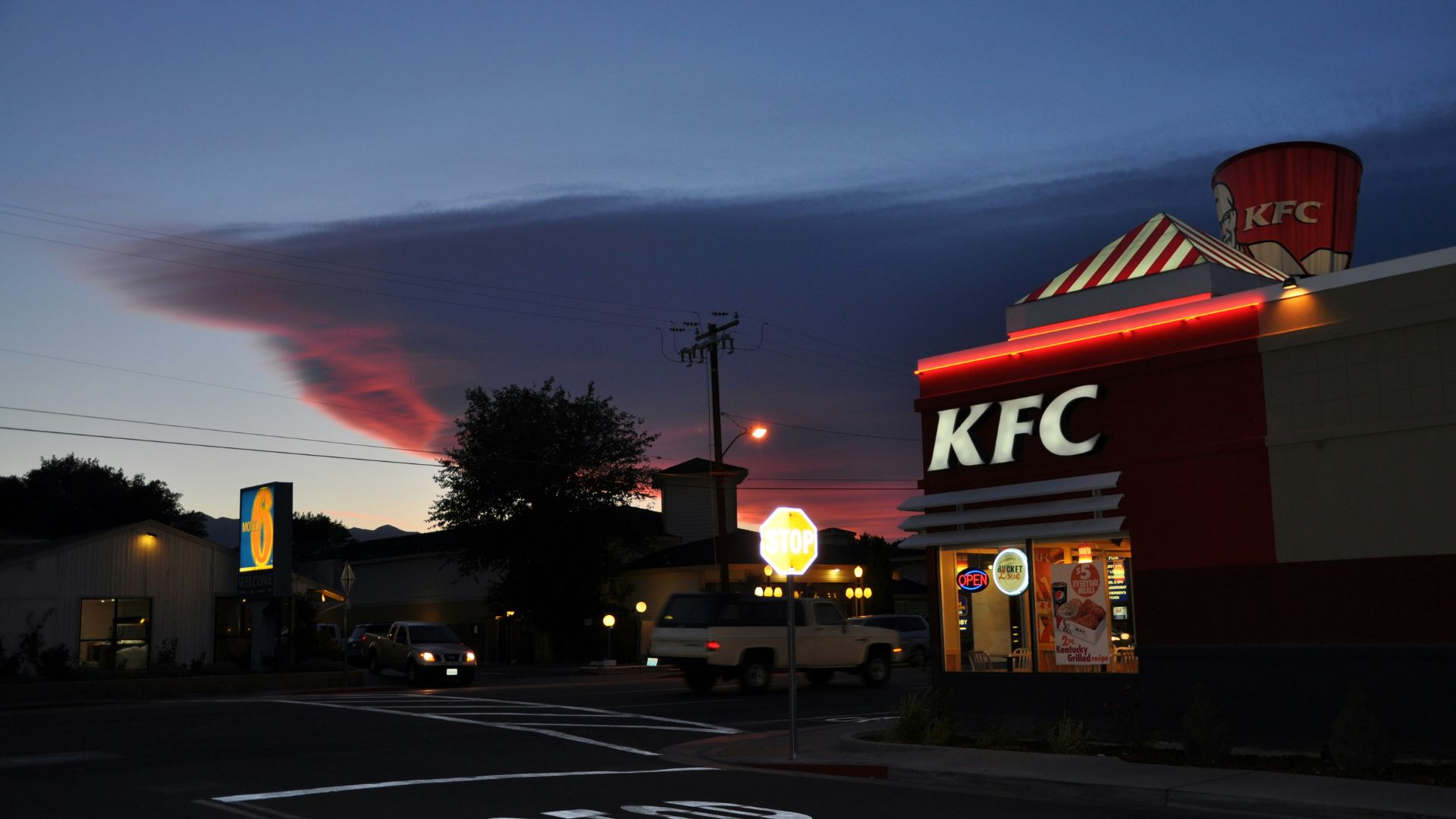
Many other fast food locations in cities such as Los Angeles have already raised their wages, even before this law went into effect. This is because the demand for these locations remains high.
To keep workers in an industry that often sees high turnovers, these eateries have upped what they offer. According to Glassdoor, the average hourly wage for fast food workers in the state before the law went into effect was $17.89 an hour. The law will simply raise the minimum wage for all fast-food locations in California.
Other Fast Food Issues
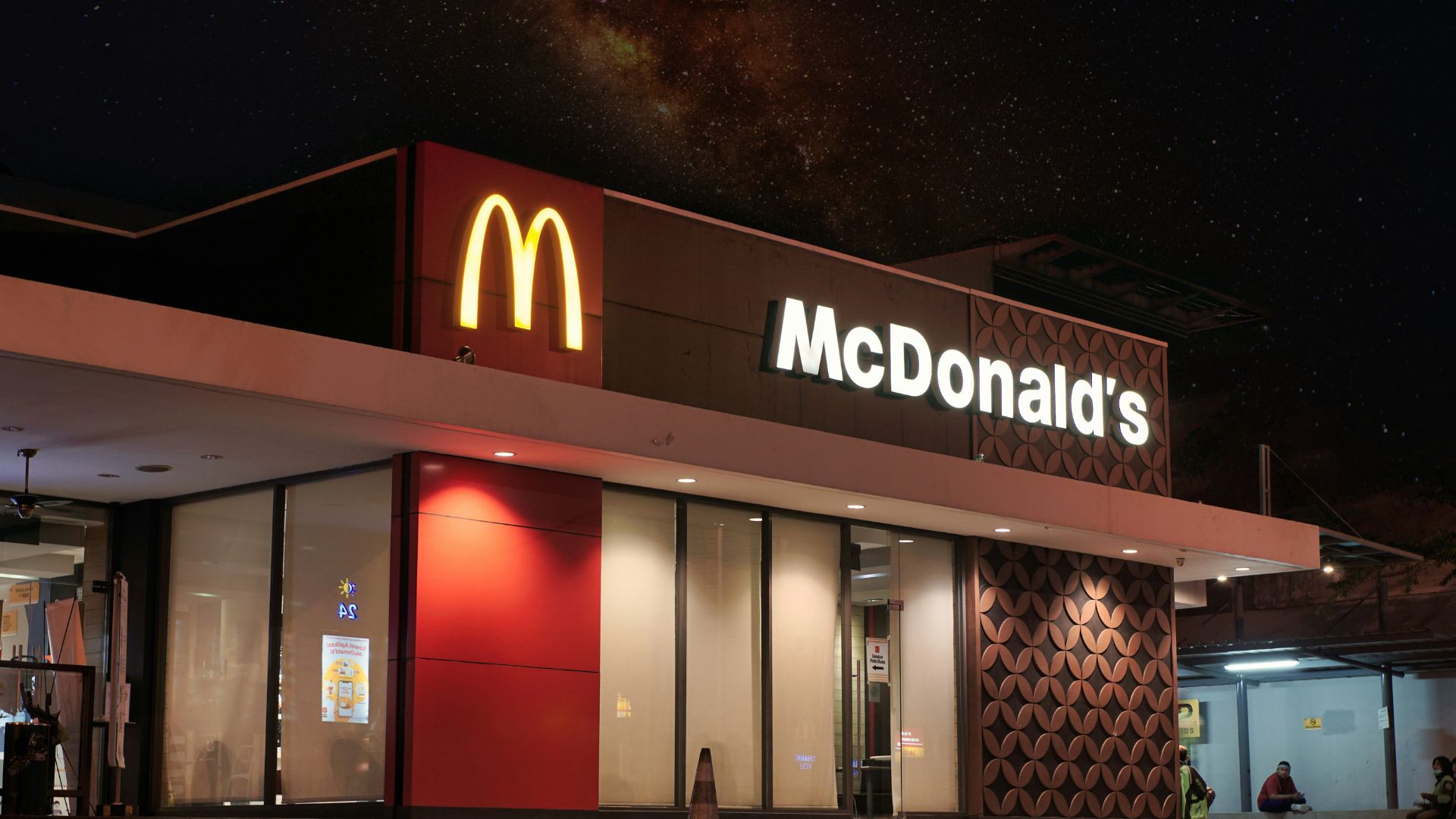
The fast food industry as a whole has experienced various changes in recent years. Many supporters of this new minimum wage law disagree with critics when they say that small businesses or franchises will hurt.
These supporters point out that franchises like McDonald’s recently raised the royalty fees that all franchise owners must pay them. Supporters of the law point out that critics didn’t say this would hurt business owners when this happened.
Helping Workers in California
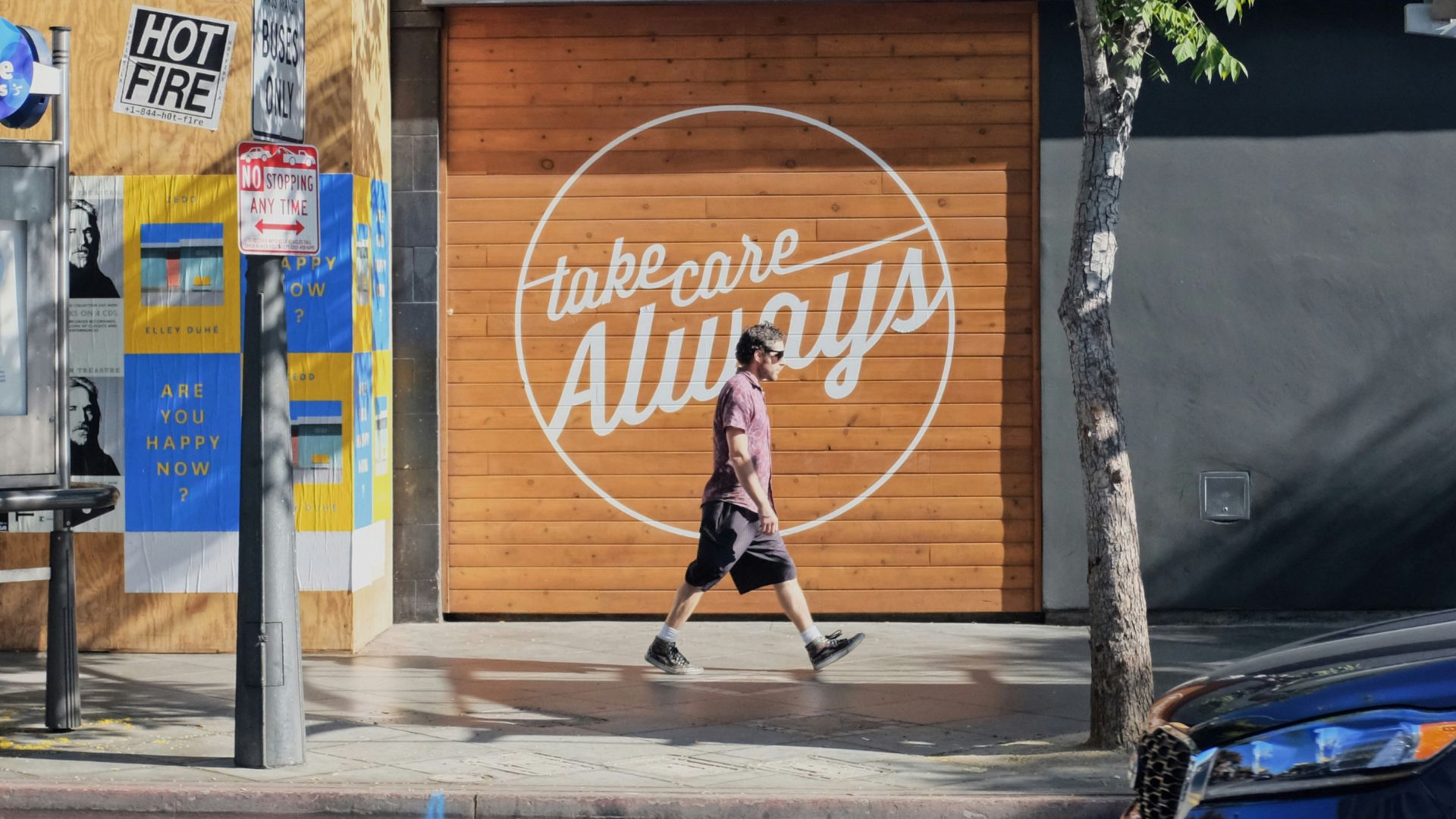
These supporters have stated that raising the minimum wage will help the fast food workers who work full time yet still can’t afford the high cost of living in the state.
“The ideal that this country once had is that you get up and go to work every day and work hard, you should be able to live on what you earn and not struggling to make ends meet,” Rick Wartzman, the author of “Still Broke”, explained.
Policymakers Say Small Businesses Aren’t Impacted
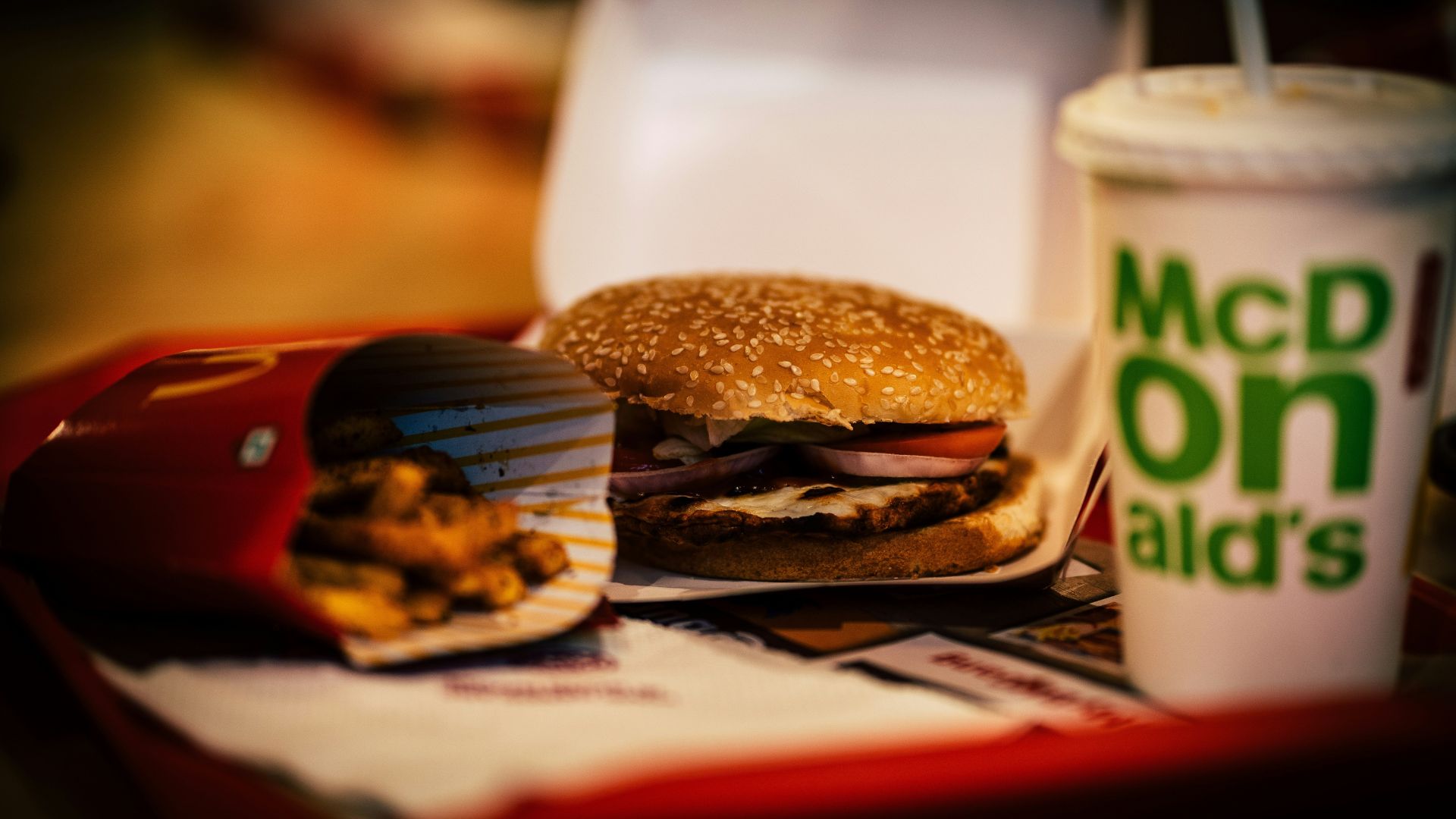
Many policymakers in support of this law have explained that small businesses won’t be impacted by the raise in minimum wage. According to the legislation, only businesses with more than 60 locations around the country will have to offer $20 an hour to their employees.
Therefore, small businesses in California with only one or two locations will be exempt from this law.
Questions About Law
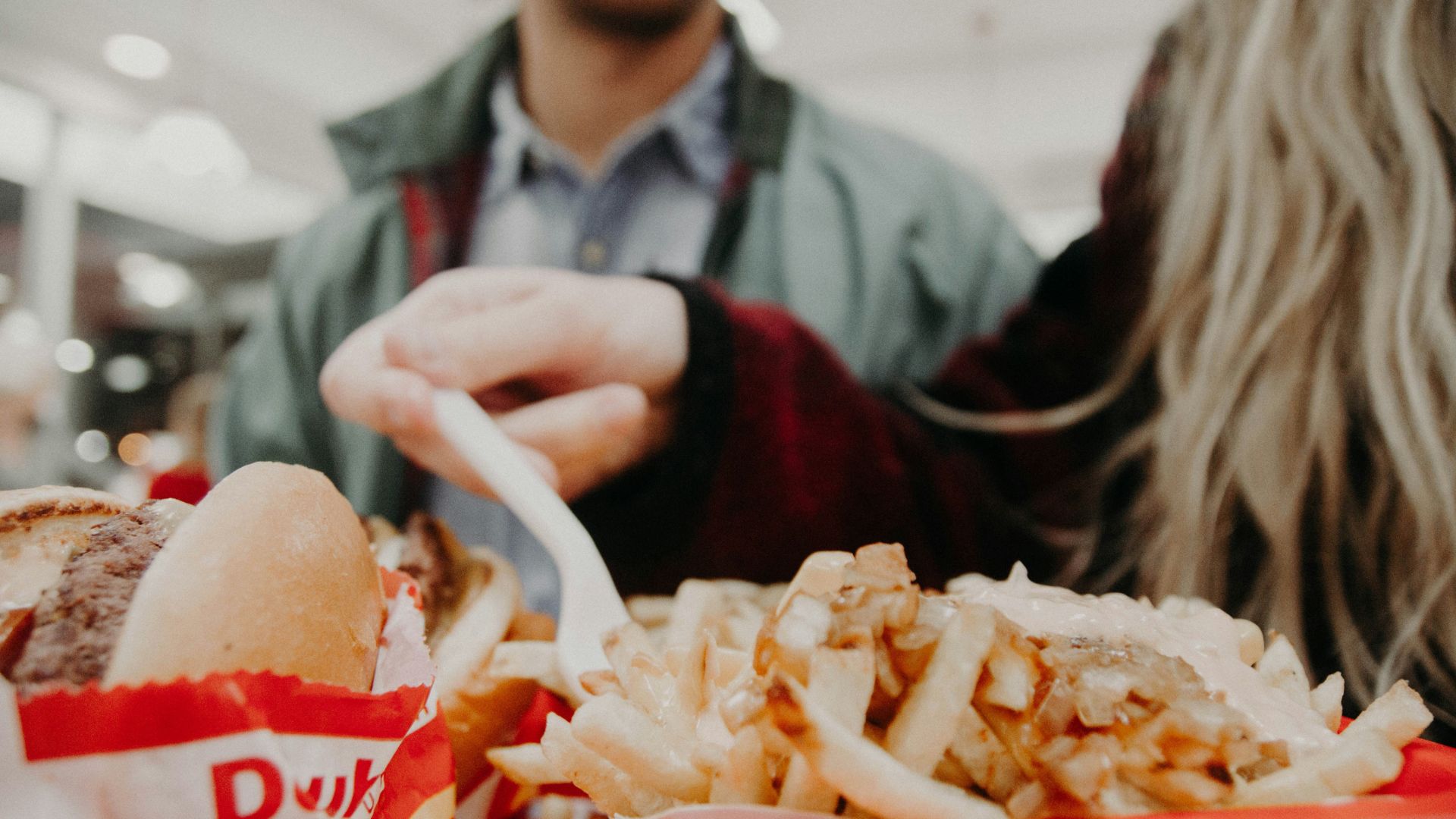
However, many questions about this law still remain — even after the legislation has officially gone into effect. Some business owners are concerned that they may not be exempt from the law.
This confusion hasn’t been solved at all. Many business owners have stated that they’ve tried to get in touch with the government to clarify things. However, the government hasn’t seemingly been helpful in this clarification.
Reflecting on Policy and Its Implications
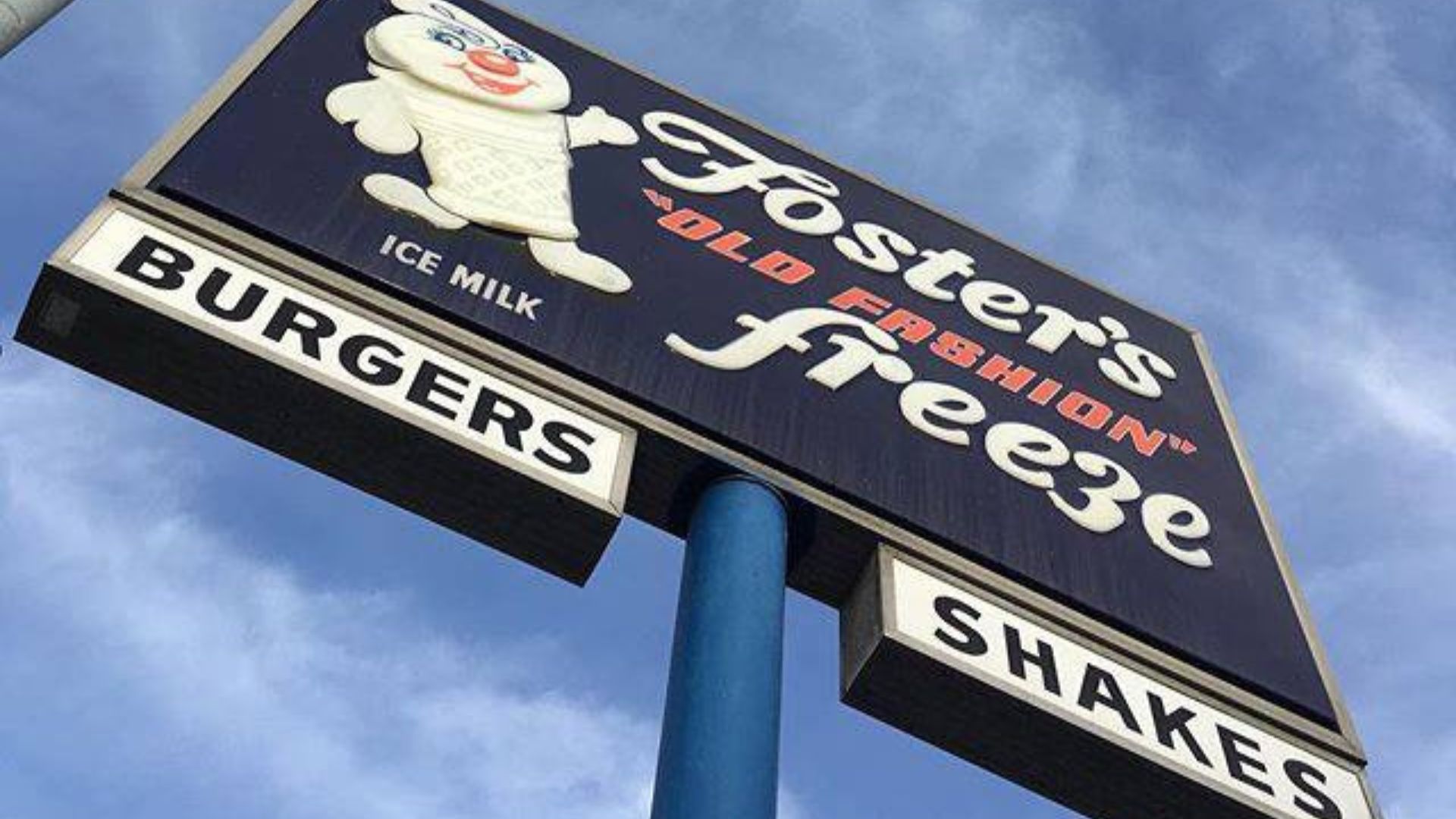
The closure of Fosters Freeze could mark a critical moment in how we talk about minimum wage laws and their ripple effects on jobs and the economy.
It’s a clear example of how good intentions in lawmaking can have complicated results in the real world, sparking deeper conversations on finding the right balance to help both employees and businesses thrive in an ever-changing economic scene.
